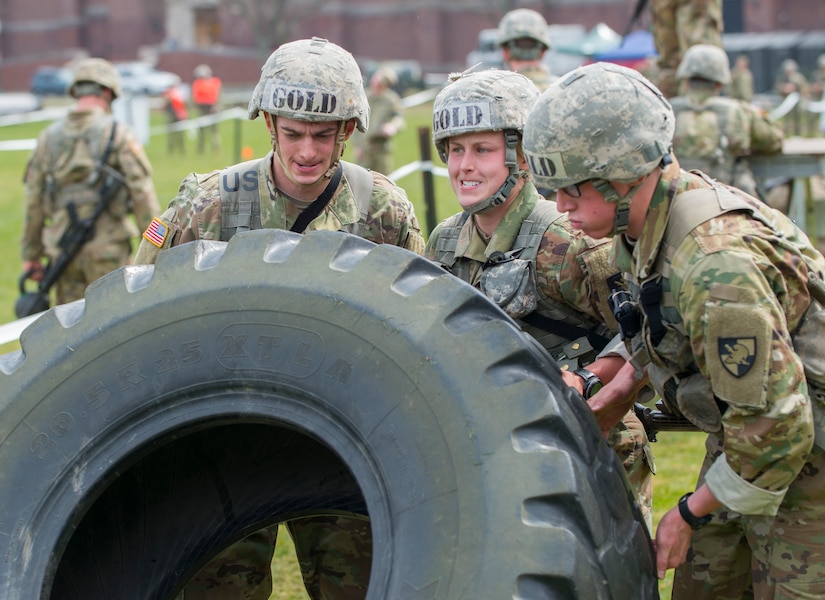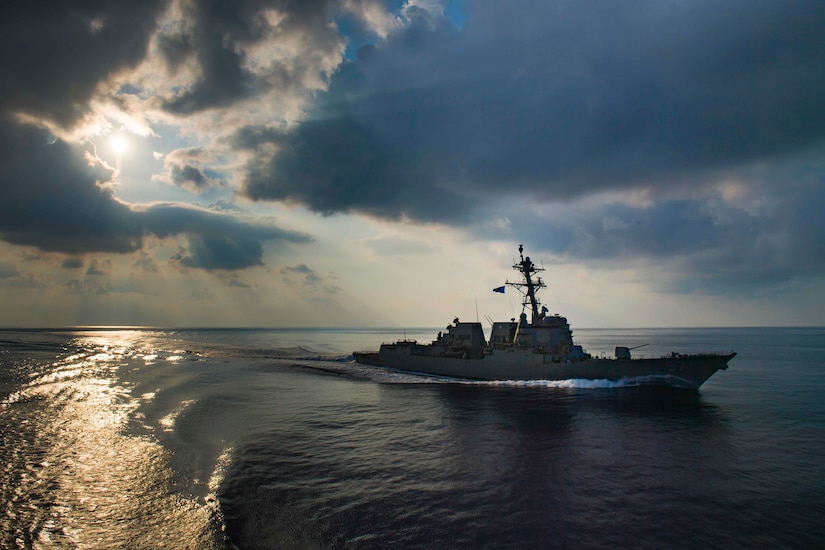By Jim Garamone, DoD News, Defense Media Activity
WASHINGTON --NATO foreign ministers are dealing with issues
of Russia, Afghanistan and the Middle East during their meeting in Brussels
this week, alliance Secretary General Jens Stoltenberg said this morning.
The meeting is also helping to set up the NATO summit,
scheduled to take place in Brussels in July, the secretary general said.
The foreign ministers will begin the week with discussions
on Russia, Stoltenberg said. Russia’s actions in Georgia, its annexation of
Crimea and continuing interference in Ukraine, cyberattacks, and disinformation
campaigns concern NATO and has caused the alliance to beef up its deterrence
posture, he said.
“Russia also backs the brutal regime in Syria, which has
repeatedly used chemical weapons, and it is also highly likely that Russia was
behind the nerve agent attack in Salisbury,” the secretary general said. “NATO
has responded with resolve and unity.” In the March 4 attack in Salisbury,
England, a former Russian military intelligence officer and his daughter were
poisoned.
Reinforcement of Collective Defense
Alliance members have undertaken the biggest reinforcement
of collective defense since the end of the Cold War, Stoltenberg said. Alliance
units are routinely operating in the Baltic republics, Poland, Romania and
Hungary. The alliance has also enhanced cyber defenses and stepped up efforts
to counter Russia’s hybrid activities, he added.
The alliance states are investing more in defense, he noted,
with all NATO nations spending more on security, including a number at, or
approaching, the alliance’s goal of member nations spending at least 2 percent
of their gross domestic product on defense.
“But we continue to see attempts to intimidate and interfere
in allied countries,” Stoltenberg said. “So we must continue to adapt to hybrid
challenges, and ministers will examine what more we can do.”
The alliance remains open to talks with Russia, the
secretary general said, and the channels must remain open especially when
tensions on the continent are high. He noted that Army Gen. Curtis M.
Scaparrotti, NATO’s supreme allied commander for Europe, recently spoke with
the Russian chief of defense, Gen. Valery Gerasimov. “We continue to work
towards the next meeting of the NATO-Russia Council,” the secretary general
said.
The ministers will move on to the situation in the Middle
East and North Africa. “I expect that ministers will address the situation in
Syria, the Iran nuclear deal, as well as NATO’s plans to scale up training in
Iraq,” he said. European Union High Representative/Vice President Federica
Mogherini will join these discussions.
“Together we will discuss how NATO and the European Union
could cooperate more closely to build stability,” Stoltenberg said. “We have
seen too often how turmoil in this region can inspire terrorist attacks on our
own soil, and drive desperate refugees and migrants to our shores.”
Training Mission
The ministers will discuss the NATO training mission and the
alliance is scheduled to launch a new training mission for Iraq at the summit
in July. “Ministers will agree further details on the mission tomorrow,” he
said. “We are currently planning for a training mission of several hundred.”
The NATO forces will train Iraqi instructors, and help build Iraqi military
schools.
The ministers will also examine the NATO mission in
Afghanistan, where the bywords are “peace and reconciliation,” Stoltenberg
said, and the alliance welcomes Afghan President Ashraf Ghani’s unprecedented
offer of peace talks to the Taliban. “NATO has helped to create the environment
for this to happen, with our practical and political support,” he said. “And we
have renewed our commitment, including with significant troop increases and
financial support.”
The ministers also will discuss the situation in the Balkans
and NATO’s open door policy. “NATO remains committed to the vision of a Europe
whole, free and at peace,” Stoltenberg said. “We will discuss the progress made
by Bosnia-Herzegovina, the Former Yugoslav Republic of Macedonia, and Georgia.
Ukraine has also expressed its aspirations for membership.”









